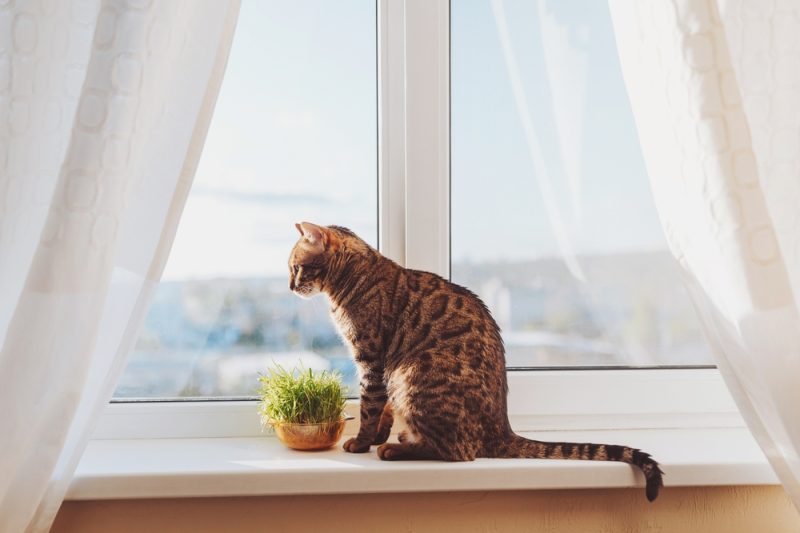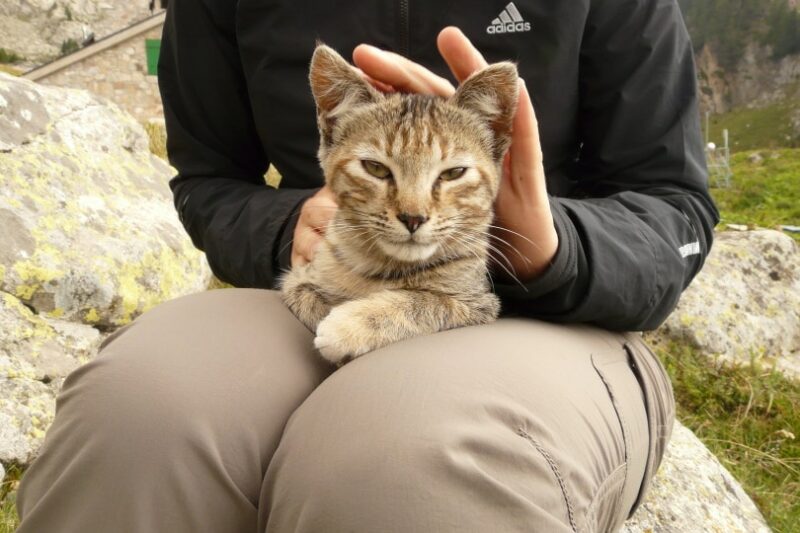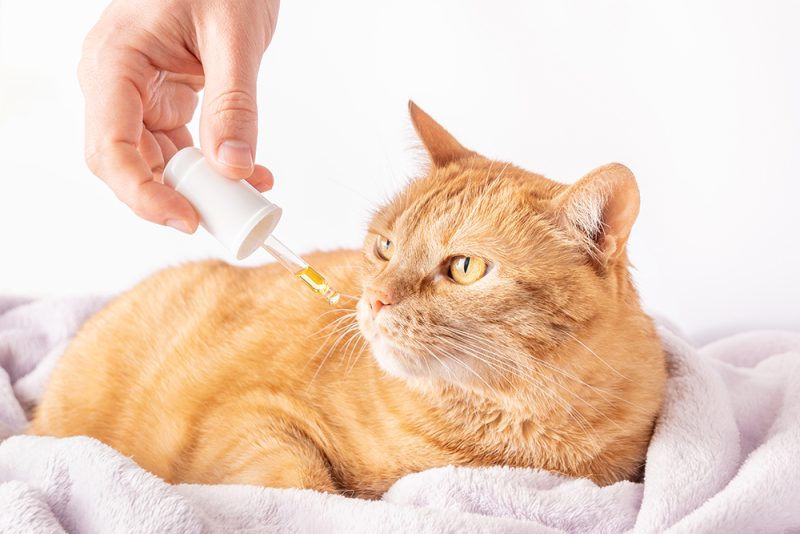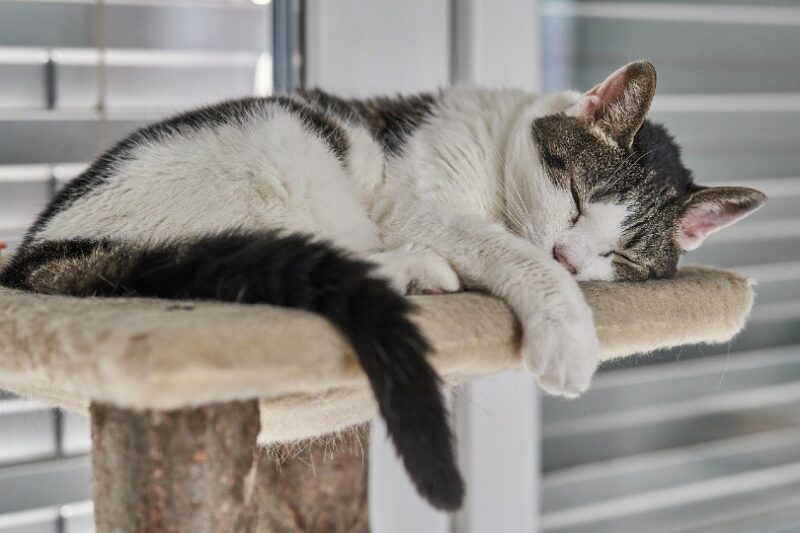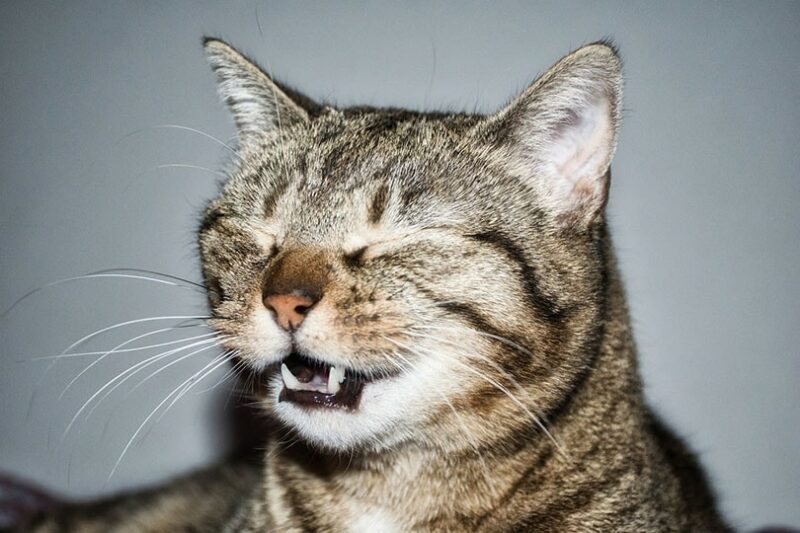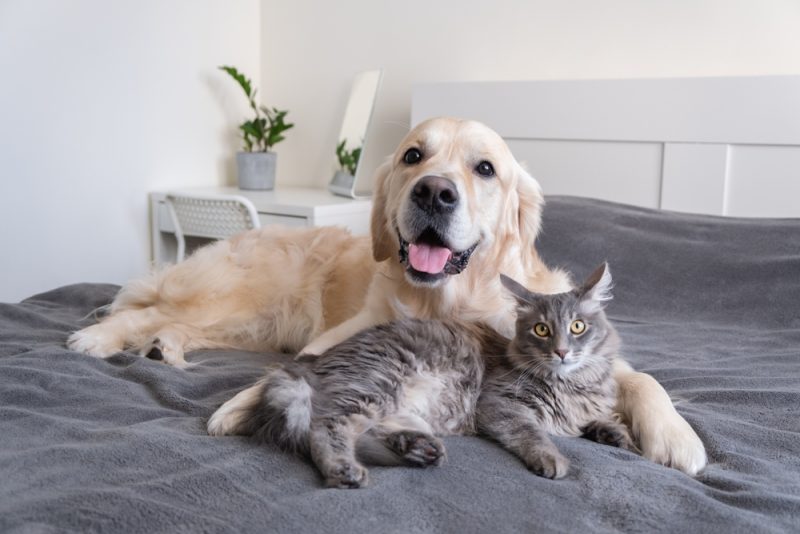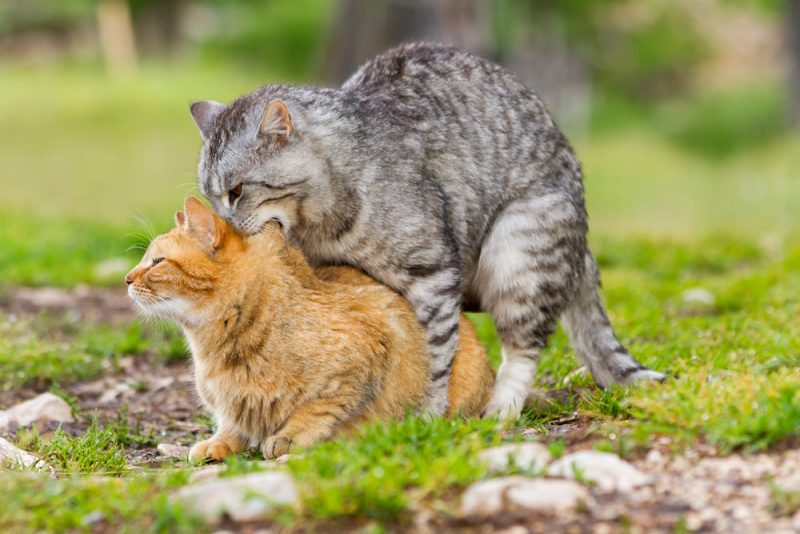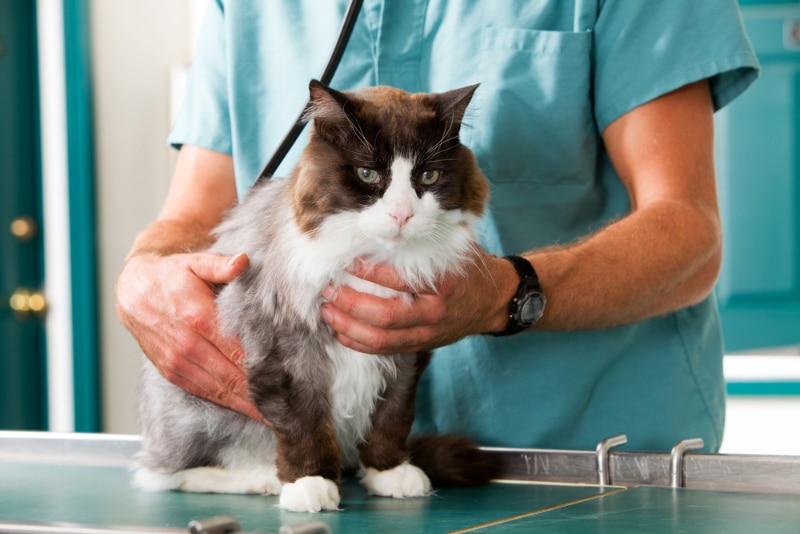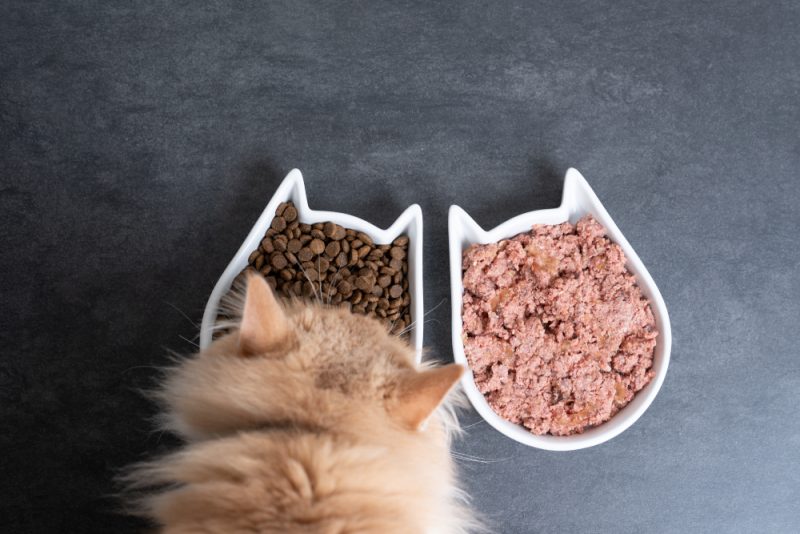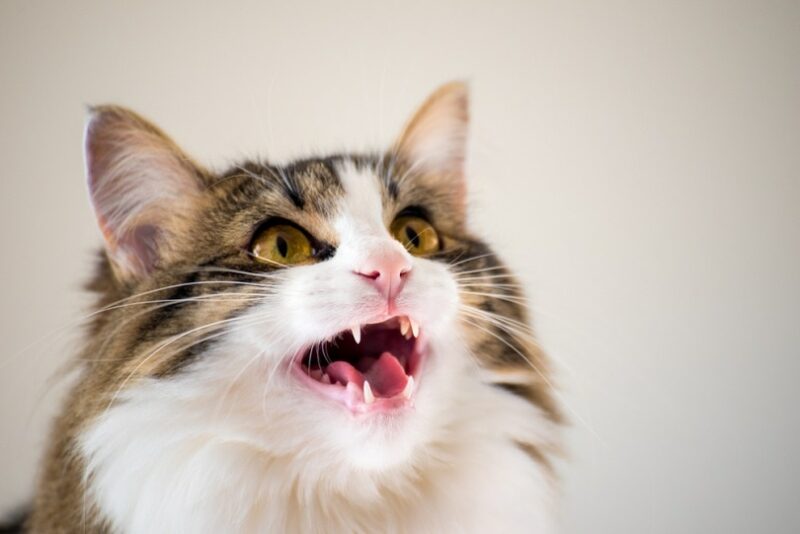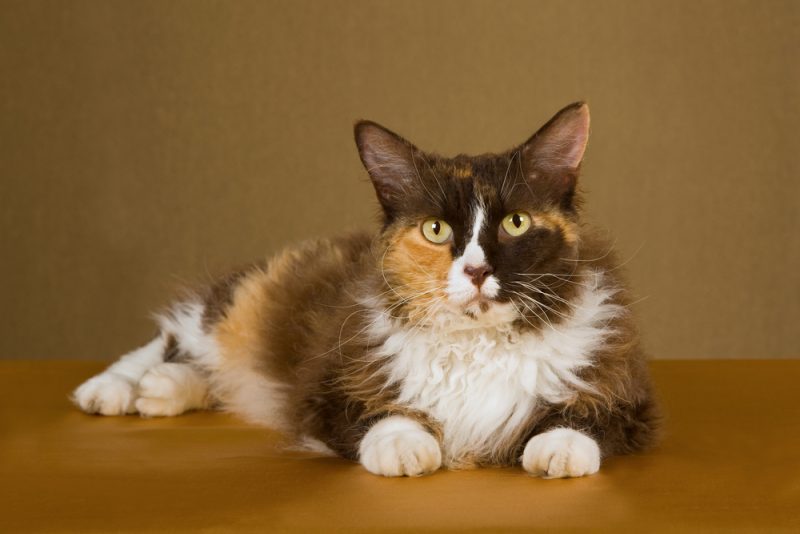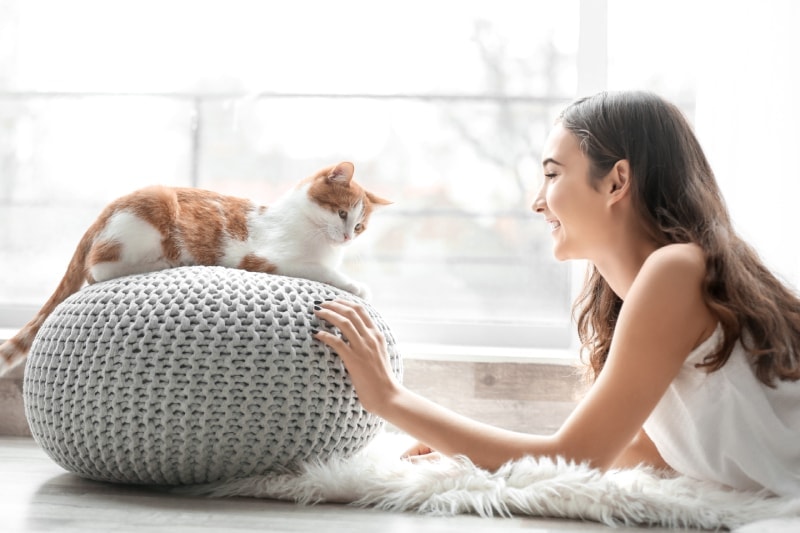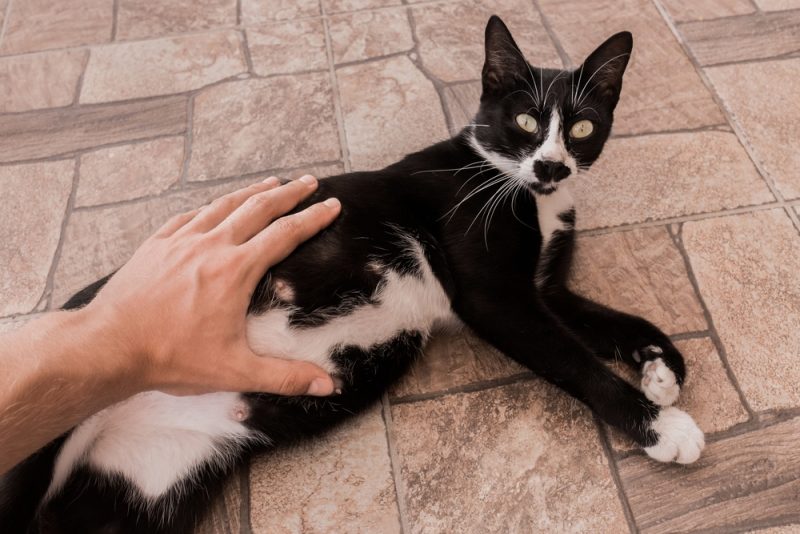Cats can form very strong bonds with their humans, other cats in their household, and even other family pets including dogs. Yes, cats can grieve when another pet dies. While your cat can’t use words to tell you they are grieving, they are expressive animals that have other ways to convey their emotions. You may notice a change in eating habits, toileting habits, and even the mood of your cat after another pet dies.
Below, we look at how to determine whether a cat is grieving and the steps you can take to help your cat get over the loss.

Do Cats Grieve?
We don’t really know whether cats understand the concept of death or the idea that something has died. Instead, we have to extrapolate what they’re feeling from their behaviors. These often include changes in appetite, litter box use, or activity level. Cats that experience the loss of a pet that they were close to may show changes in behavior for varying periods of time following the loss, something that we would typically consider grieving.
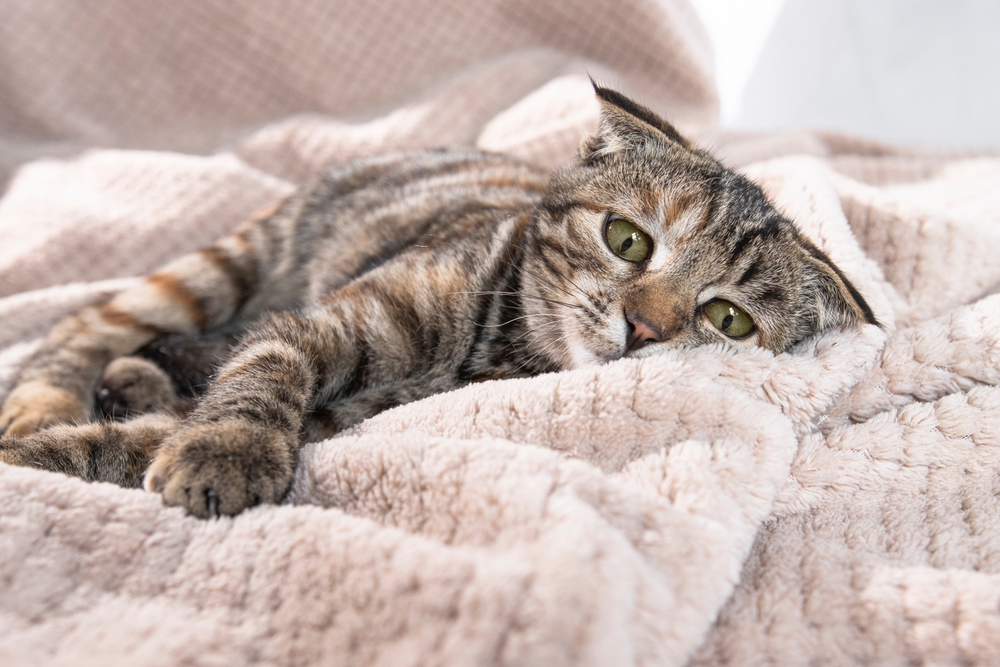
The 7 Potential Signs Your Cat Is Grieving
The signs of grieving in a cat are similar to those seen in people. And, just like with people, different cats seem to deal with grief in different ways.
1. Appetite Changes
Some cats will eat less when they are stressed or anxious, while others may eat more. You should have a good idea of how much food your cat typically eats, whether they are a free eater or have set meal times.
A small change in food levels isn’t typically much cause for concern unless it goes on for a long time, but if your cat is refusing to eat or refusing to stop eating, this can become a problem that needs addressing.
2. Sleeping Pattern Changes
Cats that have lost a companion may sleep more, which can be hard to tell as most cats spend the majority of their day sleeping. They may also sleep less, choosing to prowl around the house at all hours of the day and night. They may appear restless and wake up more frequently as well.
3. Restless Behavior
If your cat is missing a person or other animal, you may find them roaming the house, appearing to be looking for them. This may happen in the middle of the night or even during the day when you would usually find them playing or napping. They may also appear more on edge or jumpy, rapidly exiting the room any time there is a loud noise or sudden movement. They may also not feel like playing as much or hanging out in their favorite places.
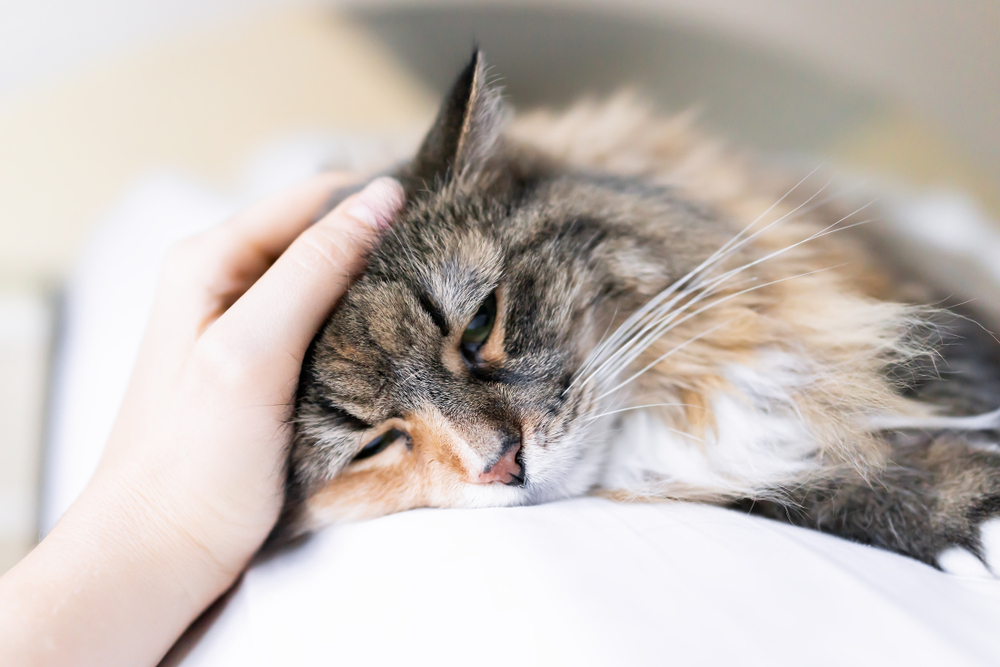
4. Increased Or Reduced Vocalization
This restlessness might be accompanied by increased vocalization as your cat calls out to try to get a response from their missing confidant. Cats who are normally vocal may use their voice less as well.
5. Change In Exercise Levels
Your grieving cat may not feel like getting up to scratch on their scratching post as often and may not want to head outside for exercise. This will be particularly noticeable if your otherwise playful cat turns their nose up at a favorite wand toy or ignores the light toy they usually relish.
6. Sadness
Cat owners can generally tell how their cats are feeling even through subtle changes. It might be a change in tail position or a change in the pitch of a meow. Trust your gut and use your experience with your cat to help determine if they seem to be feeling lonely or missing their feline friend.
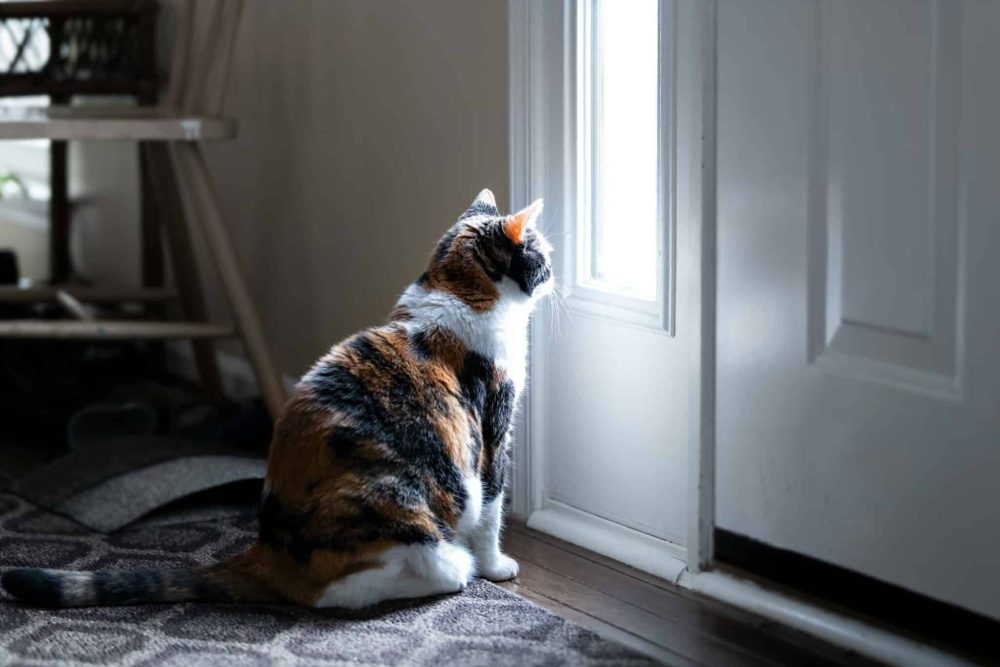
7. Wants More Attention
Grieving cats may look for reassurance from those they have a strong bond with. Hopefully, this means you. While some cats will hide in their favorite cat cave, others will come and look for reassurance and the familiarity of your lap.

How to Help a Grieving Cat
Time really is the greatest healer when it comes to loss, in most cases. However, there are steps you can take to help ease the anxiety the loss is causing your cat. If your cat doesn’t respond to your help and continues to grieve for long periods, consult a veterinarian.
If you need to speak with a vet but can't get to one, head over to PangoVet. It's an online service where you can talk to a vet online and get the advice you need for your pet — all at an affordable price!

1. Stick to a Routine
Cats are creatures of habit, and they thrive on routine. If you’ve lost a cat, dog, or family member, it can be very easy to let routine slide. What your cat might be missing is their normal routine of set meal times, long play sessions, and napping. Try to keep the same routine as you had before as it will help your cat come to terms with the changes in their life.
2. Give Them Space
If your cat wants to grieve alone in their favorite spot, you should give them time and space to do so. Your cat needs to process the loss, just like you do, and as much as you want to make everything okay and likely want the companionship of your cat, space might be exactly what they need for the time being.
Ensure they’re fed and watered, provide a comfortable spot, and wait for them to come to you for attention and love.
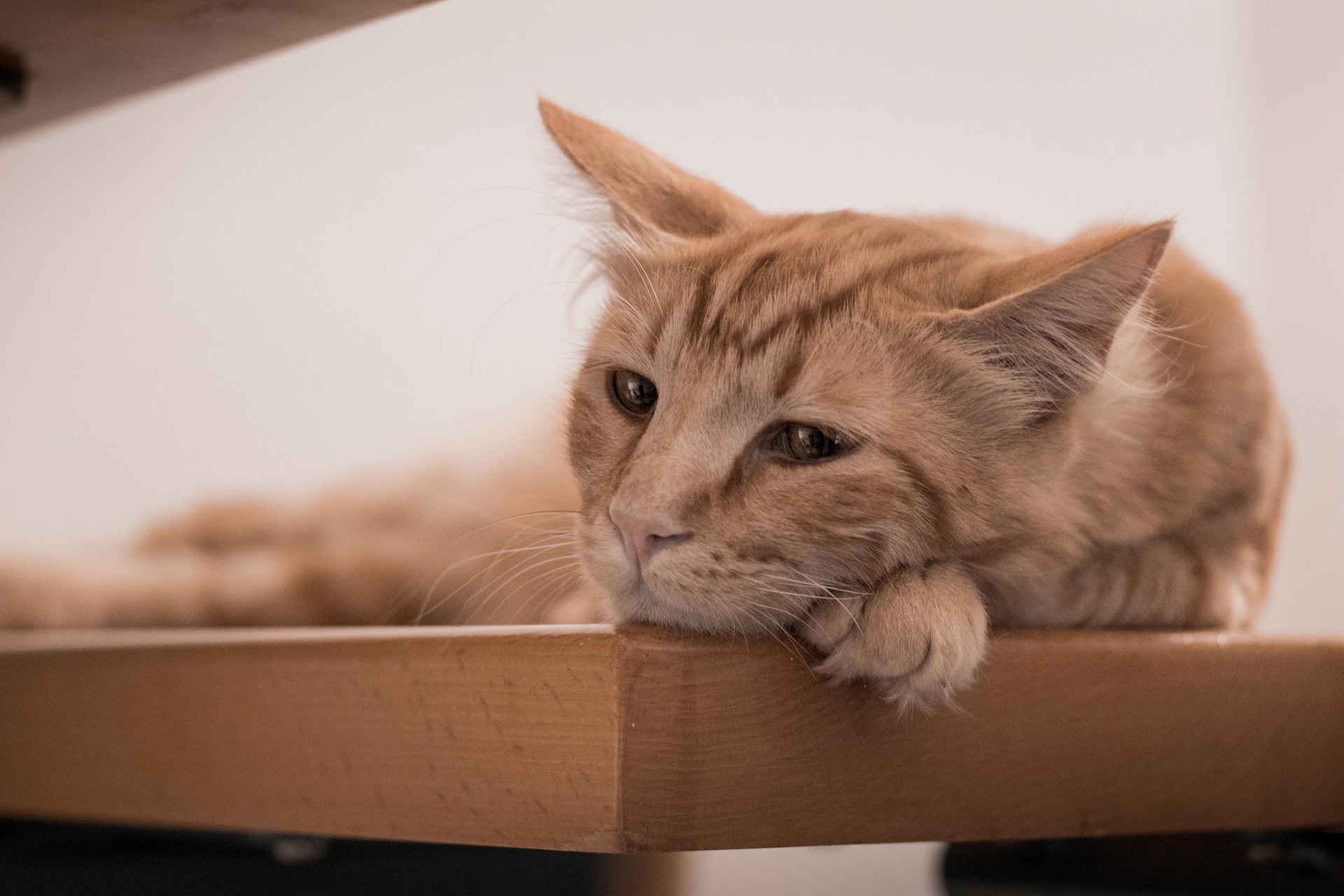
3. Give Them Time
Time does heal, or at least helps the pain of loss subside. Your cat needs to process the loss and get used to the changes they are enduring in their life, and this means giving them time to do that. Don’t try pushing things.
4. Give Treats… Sparingly
If your cat is eating less as a result of their grief, you can try giving them additional treats. A small amount of tuna on top of their usual food, or a few extra cat treats might make them feel better, at least for a little while.
5. Play
Cats use play in a variety of ways. Not only does it hone their hunting skills, but it is also a good way to let off steam and release anxiety. A grieving cat can benefit from having some extra playtime so grab the wand toy, throw the stuffed mouse, get out the catnip ball, and let your four-legged friend unwind.

Conclusion
Cats are emotional little animals and while we can’t definitively say how they are feeling, their response to loss is often similar to grief in humans. Whether your cat has lost a feline friend, a human family member, or even the family dog, they might be feeling the same sense of loss you are.
Give them time and the space they want, but be prepared to play, offer reassurance if they come to you, and keep an eye on their feeding and exercise levels over time.
Featured Image Credit: Greerascris, Shutterstock
